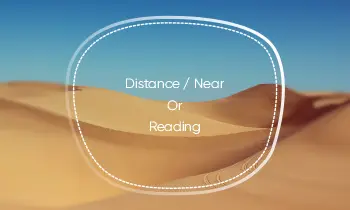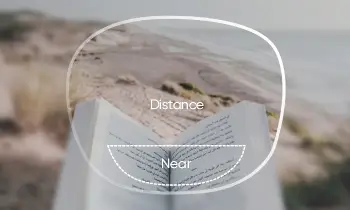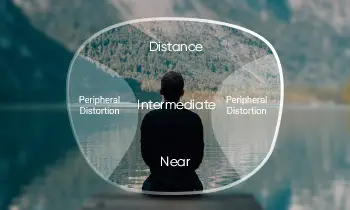When we surf the Internet, we often brush up on such hot news, "someone stayed up late playing with the phone, resulting in retinal detachment," "the retina fell off like a curtain, someone twice nearly blind," "he or she ran when Retina surprisingly detached" ...... After reading these, we are usually scared, sighing, and then staying up late in fear. Although panic, feel that it will not happen to us ourselves.
So, what exactly is the cause of retinal detachment? Can it really fall off so "easily"?
Retinal detachment can occur at any age and is associated with many symptoms. For example, blinking with a "lightning" sensation, the appearance of black shadows in front of the eyes like flying mosquitoes, "flying mosquitoes," the black clouds in front of the eyes become more extensive and move to the center, distorted vision, rapid vision loss, etc.
Retinal detachment, however, does not mean immediate blindness; it is just that the initial symptoms are not obvious, causing many people to miss the best time for treatment.
Retinal detachment ≠ Blindness
The retina is a transparent membrane inside the eye that serves to perceive light stimuli. Retinal detachment, also known as retinal detachment, can be divided into several types. The most common type that needs to be treated as soon as possible is "foraminogenic retinal detachment," which is a retinal detachment caused by a hole in the retina.

Many retinal detachments, which are not painful, do not affect vision in the early stages and can preserve vision if treated promptly. However, because the effect is not significant, it is often overlooked. As a result, many people will think it is just a tired eye and tend to ignore it or take eye drops and delay treatment, thus causing permanent and irreversible vision damage or even blindness.
In addition to some of the early symptoms mentioned above, retinal detachment can also be alerted and prevented.
The following people are on the alert for retinal detachment:
- A high prescription over 600 degrees should be followed up with regular annual eye visits to rule out early lesions that may cause retinal detachment.
- There is a family history of an immediate family member who has had a retinal detachment and should also have regular follow-up visits to the ophthalmologist.
- A posterior vitreous detachment can occur after middle age. It may result in a "flashing sensation and a sudden increase in the number of floating black shadows in front of the eyes."
- Eye trauma, such as boxing injuries, bruises, poking with sharp objects, or violent head impacts, can cause fissures in the retina, thus leading to retinal detachment, and getting an eye exam as soon as possible after an eye trauma is essential.



































